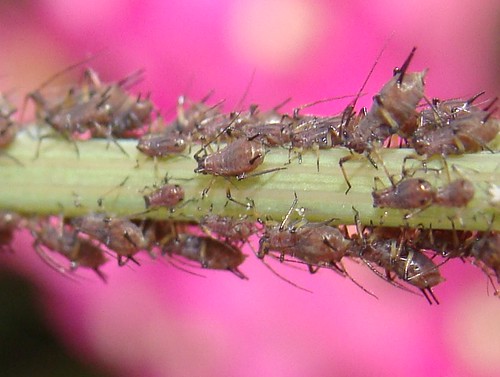My wife and I went to see the movie,
The Help, currently in theaters. We liked it.
Here is the film's official web site.
Here's the
Christianity Today review.
Here's the Wikipedia article on the book that the film is based on.
I won't give away much of the plot, but I will say a few things.
The title comes from the subject, namely the state of black women in the Deep South in the 60s, where becoming a household servant was the only way most of them could earn a living.
The younger generation should see this movie. Things have changed, not as much as they should have, perhaps, but they have changed. When the mostly white, and mostly politically conservative people of one of the Congressional Districts of South Carolina
elected a black man to represent them, voting for him over a son of the late Senator Strom Thurmond, and over a son of a recently deceased popular governor, things have changed.
The Help will remind, or show, viewers some of the way we once were. It may also remind, or show us that a lot of people smoked in all sorts of places a half-century ago.
There are no major male characters in the movie. (There were some men, though.) The stars were Emma Stone, Octavia Spencer and Viola Davis, assisted by quite a few others, including Allison Janney, Sissy Spacek, Cicely Tyson, Bryce Dallas Howard, Mary Steenburgen and Jessica Chastain. The story is one that should interest men -- the movie isn't particularly for women, it's just about them.
The
Christianity Today review emphasizes the faith of the character played by Viola Davis, and contrasts it with the hypocrisy of Bryce Dallas Howard's character. I didn't see as much of either of those as I expected to see, based on the review. Courage, not Faith, seemed to be the primary subject matter. However, there is a church service, and real, vital Christianity is not minimized.
There's too much of the s___ word, and some other spoken vulgarities, in the movie for my taste. Some of it was required, I think.
My recollection is that there was more physical violence against blacks than the movie shows. It does show a little, and there is news about the assassination of
Medgar Evers. My wife pointed out that one form of white violence, namely raping or coerced seduction of black women, was not shown at all.
Essie Washington-Williams, daughter of the above-mentioned Senator Strom Thurmond (who sired her long before he entered the Senate) is perhaps the most famous example of such violence, but there was more, not always resulting in a child.
The writing and publication of the book, and the making of the film, are interesting stories in themselves. See
here for one article on these matters. The book, by a woman, is a first novel, rejected dozens of times, but later becoming a best-seller, and the film's director is a male childhood friend of the author, who had never directed a film.
The film was made in Mississippi (the story takes place in Jackson, MS.) As Emma Stone
said, ". . . in 110-degree heat and 100 percent humidity — but it sure had to be done in Mississippi."
Thanks for reading. See
The Help.







